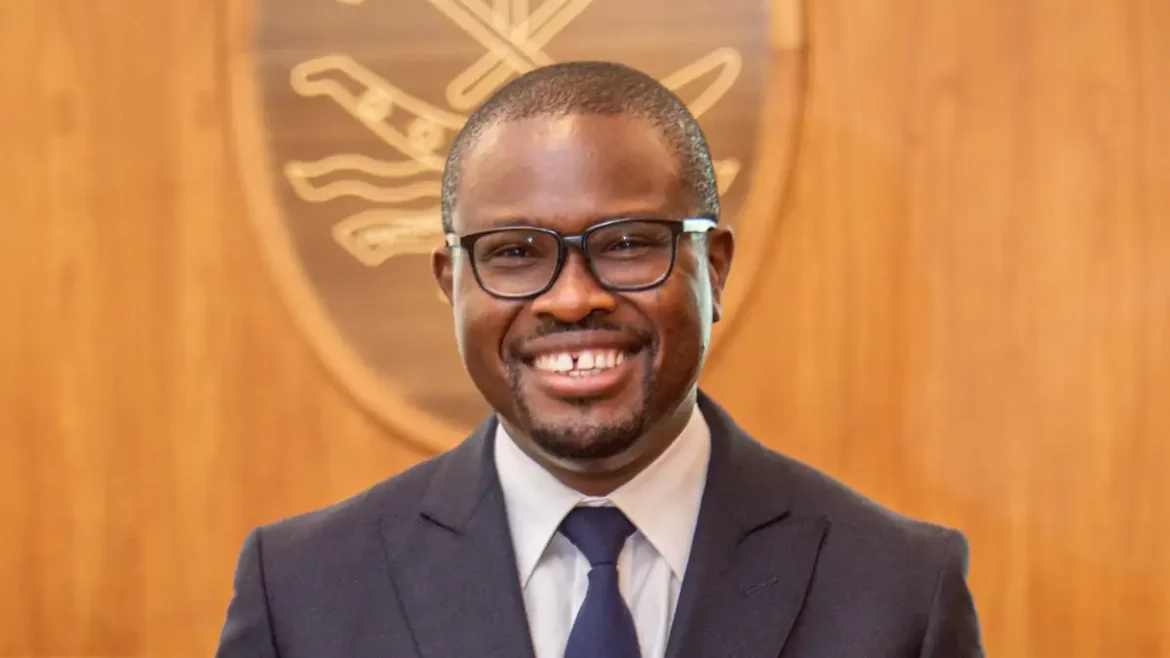
In a surprising political move ahead of Benin’s 2026 presidential election, MP Comlan Léon Basile Ahossi, second vice-president of the National Assembly, has publicly endorsed Romuald Wadagni, the candidate nominated by the parties of the presidential movement.
Ahossi, a member of the opposition party Les Démocrates (LD) and representative for the 17th constituency, sent a letter of support on September 2, highlighting his admiration for Wadagni’s credentials.
“Your academic and professional background, your seriousness and dedication to work, your ethics and your listening skills as well as your prowess (…) distinguish you and qualify you for the position,” Ahossi wrote.
He added: “You are not just the candidate of the political parties that have endorsed you.
You are my candidate too.”
The move comes at a time when Les Démocrates deputies have been demonstrating unity ahead of the elections.
On the same day, all 28 members of the party presented themselves together at the National Autonomous Electoral Commission (CENA) to collect their sponsorship forms, displaying a cohesive front.
Ahossi’s individual endorsement contrasts sharply with this collective stance, underscoring his tendency to take independent positions.
This is not the first time Ahossi has diverged from his party’s official line.
In December 2023, during the vote on the 2024 finance bill, he surprised colleagues by supporting the government’s text, citing the unanimous approval of the general budget report by all 109 deputies as justification.
He told Radio Lokossa that “there was no reason to oppose it.”
By formally backing Wadagni, Ahossi reinforces his reputation for atypical and often controversial political positions.
Analysts suggest this gesture could spark debate within the opposition, potentially challenging party cohesion in the months leading up to the election.
Meanwhile, the presidential movement has welcomed Ahossi’s endorsement as a boost to their candidate’s momentum and credibility.
With the campaign entering its critical phase, Ahossi’s support signals the complexity of Benin’s political landscape, where individual initiatives can reverberate significantly ahead of the national vote.



